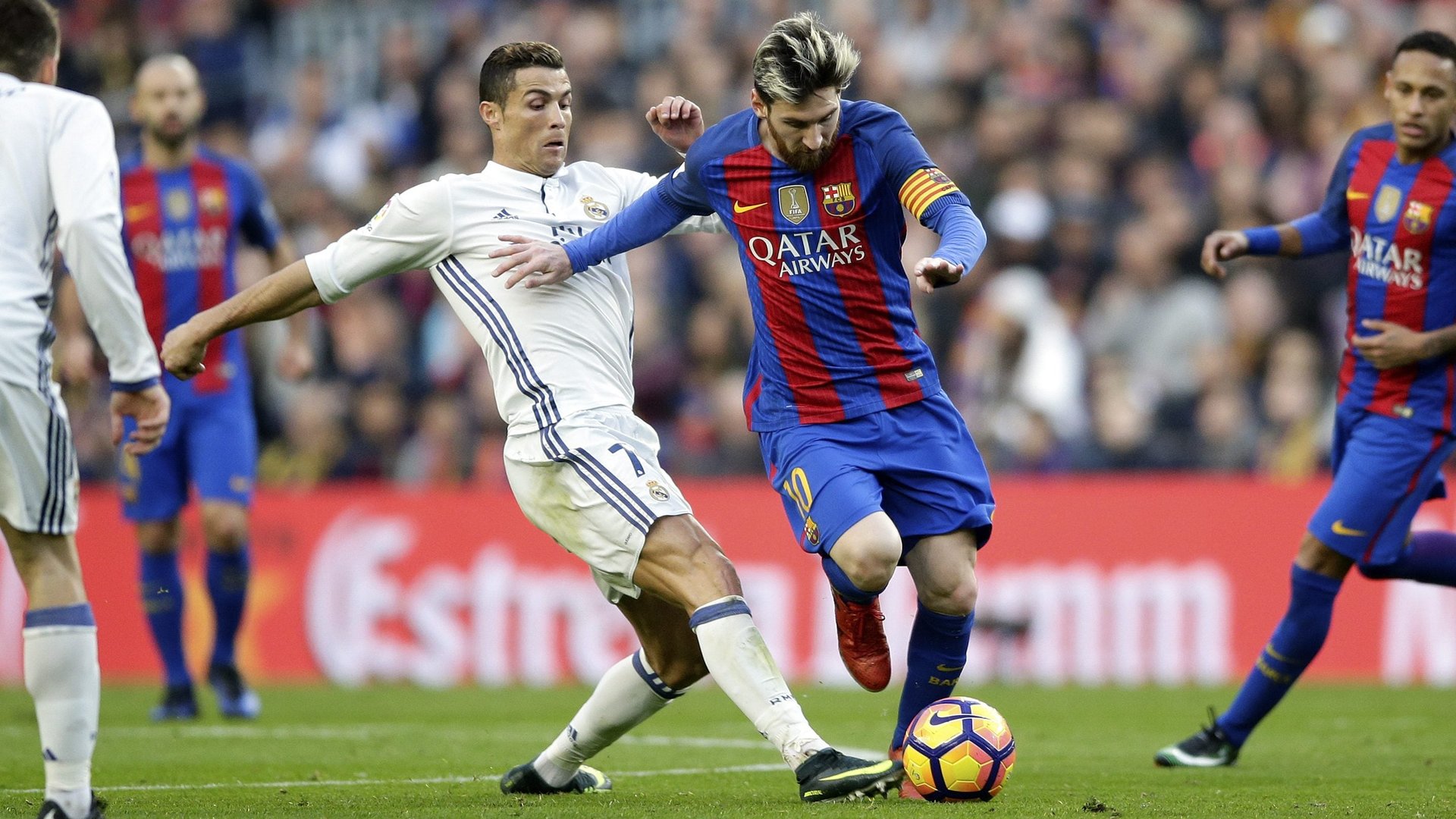Europe’s soccer elite is betting on a new type of sports fan
My earliest soccer memory is watching Ian Rush score twice for Liverpool against local rivals Everton in the 1986 FA Cup final. My mother bought me the previous season’s replica jersey on discount from the local sports store. For 35 years, in sickness and in health, this has been a defining part of my life.


My earliest soccer memory is watching Ian Rush score twice for Liverpool against local rivals Everton in the 1986 FA Cup final. My mother bought me the previous season’s replica jersey on discount from the local sports store. For 35 years, in sickness and in health, this has been a defining part of my life.
No longer, perhaps. Liverpool and at least 11 other elite teams in England, Italy, and Spain are tearing up nearly 150 years of tradition and history, and the very idea of sporting meritocracy, by announcing plans for a European Super League. Billions of dollars are already on the table, the teams say.
What is the European Super League, and how will it work?
These 12 teams currently play in their national leagues in Italy, Spain, and England. If they are successful, they can qualify for Europe-wide competitions the following year, in which the pinnacle is the UEFA Champions League (UCL) final. It’s European soccer’s Super Bowl.
Under the new plans, the super league will be a new midweek competition that supplements the existing domestic competitions, and supplants the UCL. It will comprise 20 teams: the 12 founders, up to three more that are expected to sign up, and space for just five annual qualifiers. German teams, whose fans have substantial shareholdings, are refusing to participate.
What is the reaction?
The opposition appears to be almost unanimous. In the UK, the government is even involved. “I don’t think it’s good news for football in this country,” said prime minister Boris Johnson, referring to the sport’s traditional local roots, and a pyramid structure that enables teams to rise and fall according to their ability and ambition.
Gary Neville, a former player for Manchester United, one of the breakaway clubs, and the England men’s national team, called for independent regulation of English soccer. “This is the biggest sport in the world and it’s a criminal act against the fans,” he told Sky Sports. “Simple as that. Deduct points, deduct their money, and punish them.”
Unsurprisingly, there are also threats of sanctions and other legal action. With the best players holding enormous economic and political power within the sport, because of the demand for their rare talents and the astronomical wages they command, governing bodies may force a choice by banning the athletes from other prestigious competitions, such as the World Cup.
What does the super league mean for soccer?
Two key elements of sport are jeopardy and unpredictability. A smaller team can win, using guile and ingenuity rather than unlimited resources. Likewise, a big team can fail spectacularly. Like any good drama, there must be something serious on the line, and a potential plot twist.
But under these proposals, success and failure become ambiguous. None of the founders can drop out of the super league, and there is less incentive to win the original competitions, which suddenly matter less in terms of money and prestige. In US sports, there are similarly closed leagues, but there are also draft systems and salary caps, which don’t exist in European soccer.
Soccer is the most popular sport in the world, but its global nature is relatively recent. At heart, it’s still a cluster of decades-old local rivalries that really matter. Liverpool’s intense, 130-year-old battle with Everton could be over; one is a member of the proposed super league, the other isn’t. “I hope this super league will never happen,” said Liverpool coach Jürgen Klopp in 2019. “Why should we create a system where Liverpool faces Real Madrid for 10 straight years? Who wants to see that every year?”
But in a world of content, gaming, and engagement—rather than middle-aged men sitting in a cold, rainy stadium—there are now millions of soccer fans with neither local attachments nor anchors to tradition. Many are in Asia, Africa, and the Middle East, not Europe’s former industrial heartlands. It’s likely they do prefer Liverpool vs. Real Madrid in perpetuity, and the super league’s gamble could pay off.